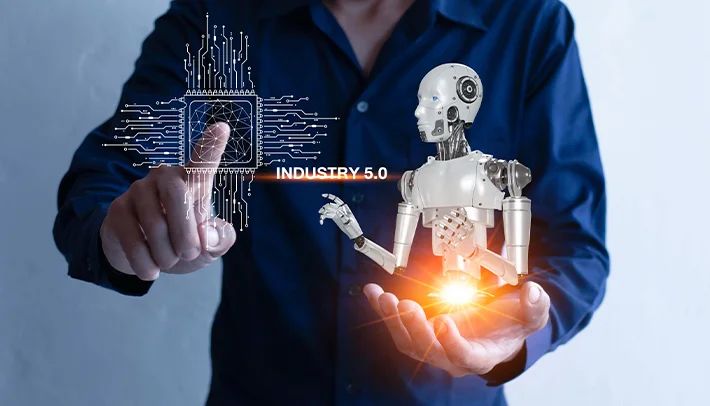Preparing for Careers That Don’t Exist Yet: Future-Ready Engineering Skills

A last-year engineering student sits down one morning to search for jobs. She scrolls through ads, searching for familiar job titles. But something has changed. New jobs are coming up left and right — Climate Data Modeler, Ethical AI Architect, Smart Materials Designer. Never a word in lectures about any of these. And yet here they are, defining the next era of industry.
It is not a glitch. It is the new reality.
The world is changing more rapidly than course curriculums do. Entire career fields are transforming while students are still in school. In this forward-thinking world, being technologically proficient is just the starting point. The true advantage is being adaptable, innovative, and ready to learn what hasn’t yet been invented.
So how does an engineer become truly future-proof? Let’s explore the capabilities that matter more than any title.
1. Learning How to Learn
In a world where the rules keep changing, memorizing them is not enough. The skill that lasts is the ability to keep learning.
- Practice self-guided exploration beyond the classroom.
- Learn how to navigate uncertainty instead of avoiding it.
- Develop habits to upskill regularly through online platforms, projects, or peer learning.
Engineers who are capable of teaching themselves will never wait for someone to revise the syllabus — they will revise themselves.
2. Systems Thinking
Problems of the future won't arrive in neat packages. They’ll be complicated, multi-level, and global. Whether it’s climate tech or intelligent infrastructure, the solution will never be purely mechanical or purely digital.
- Learn to see how parts connect — people, processes, and technologies.
- Understand how changes in one component can impact the entire system.
- Develop the habit of stepping back first before zooming in.
Systems thinking enables engineers to design with depth and vision rather than speed.
3. Creative Problem Solving
In the future, doing what was done yesterday won’t be enough. Engineers will face challenges that have never been solved before.
- Explore design thinking, where empathy guides innovation.
- Use constraints as fuel for creativity instead of barriers.
- Work on open-ended projects where there isn’t one right answer.
Creativity is not just for artists — it is the hidden engine behind every groundbreaking innovation.
4. Cross-Disciplinary Communication
The future will not be built in silos. Engineers will collaborate with economists, environmentalists, healthcare professionals, and storytellers.
- Learn to communicate technical ideas in simple, compelling ways.
- Be curious about disciplines beyond engineering that overlap with your work.
- Practice active listening to understand what others can contribute.
Teamwork will be the norm — and engineers who can communicate across domains will drive the largest innovations.
5. Digital Fluency
Technology will not only support your work — it will define it. Even mechanical or civil engineering roles are being transformed by intelligent tools and data systems.
- Master coding fundamentals, simulation, and data analysis.
- Stay in touch with emerging platforms and tools in your domain.
- Embrace digital transformation as a continuous part of your career.
Being future-ready means being fluent in the language of machines, data, and design.
6. Ethical and Responsible Thinking
As engineers develop systems that impact millions, their work becomes not only technical — but deeply ethical and human.
- Ask difficult questions about who benefits and who might be excluded.
- Understand privacy, bias, and safety in technology design.
- Consider long-term consequences, not just short-term results.
The most talented engineers won’t just fix problems — they’ll question whether the problem should exist at all.
7. Resilience and Adaptability
When careers evolve and industries restructure, emotional intelligence becomes a career advantage.
- Adapt when plans go astray.
- Treat feedback as a tool for growth, not judgment.
- Stay grounded amidst rapid change and uncertainty.
Resilience is not just about bouncing back — it’s about building forward.
The Engineer of the Unknown
The truth is simple and a little daunting — you are not only training for a job. You are training for a job that may not even exist yet. And that’s not a weakness. It’s an invitation.
An invitation to think boldly. To learn continuously. To build with care. To lead with vision even before the map is fully drawn.
Being future-ready is not about knowing the future — it’s about becoming the kind of engineer who can face it, shape it, and stride into it with confidence.